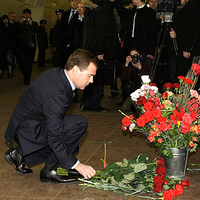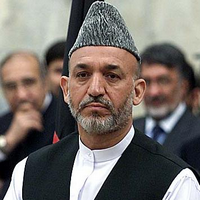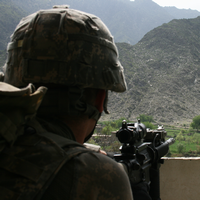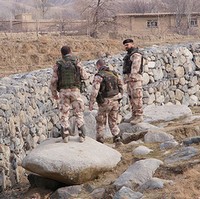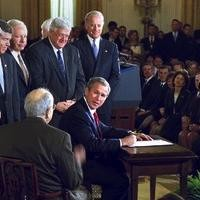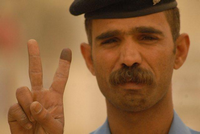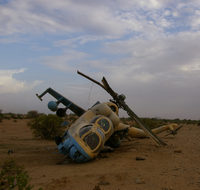
On April 16, a Chadian helicopter with at least three people aboard crashed in Adre, a town abutting the border with Sudan in the desert region shared by the two countries. One person died in the crash, while two were injured. The incident was an unwelcome reminder of five years of conflict between the two impoverished nations — even as that conflict finally shows signs of winding down. On April 17, the two countries re-opened their official border crossings. “Sudanese taxis are going back and forth and so are the people,” a government official in Adre told AFP. Until a […]


